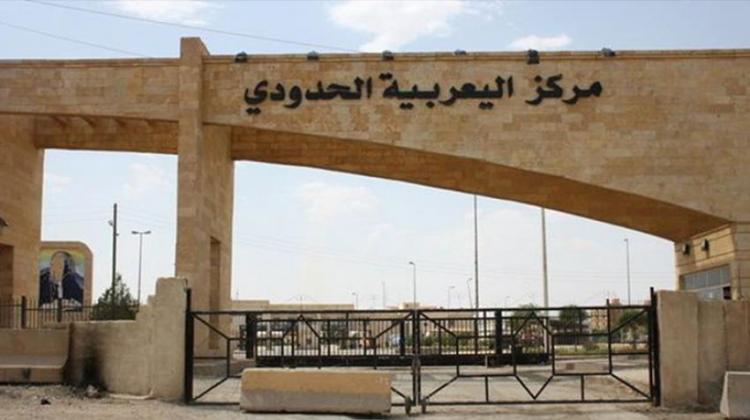Cross-border humanitarian aid remains in need in northwest Syria: Guterres
QAMISHLI, Syria (North Press) – Cross-border humanitarian assistance delivered to the Syrians without the consent of Damascus, is still necessary, Antonio Guterres, the UN Secretary-General briefed to the Security Council yesterday.
Guterres mentioned nothing concerning the fate of millions of people in northeast Syria.
According to France 24, Guterres said “at this point such cross-line convoys, even if deployed regularly, could not replicate the size and scope of the cross-border operation”, referring to Bab al-Hawa crossing.
“Cross-border humanitarian aid remains lifesaving for millions of people in need in northwest Syria,” Guterres added.
The UN authorization allowing cross-border aid into Syria without the approval of Damascus gains no unanimous consent. Russia, which stresses the sovereignty of Syria, opposed but western countries say to keep this authorization for humanitarian reasons.
In June, the Security Council could, with difficulty, allow for a six-month extension of activity through Bab al-Hawa. The Russian approval came after the aid file was exposed to the US president Joe Biden and his Russian counterpart Vladimir Putin.
The US and Europe say the renewal of the authorization should be extended automatically for another six months, without the need for anew vote.
However, Russia stated that the extension is conditioned with the report submitted by Guterres yesterday, and a new vote is possible.
The UN cross-border mechanism, established in 2014 through Bab al-Hawa, started in 2020 after Russia vetoed to shut three border points on the Syrian border, including Ramtha, on the Jordanian-Syrian border.
The Autonomous Administration of North and East Syria (AANES) build hopes on al-Ya’rubiyah (Tel Kocher) crossing, which has been shut in the face of millions of people due to Russian-Chinese veto in June 2020.
The AANES urges the international community and the United Nation to reopen the crossing and separate the humanitarian conditions from political interests of some states.
Manaf al-As’ad, an official at the House of Citizenship organization in Raqqa, said the closure of Tel Kocher crossing has affected more than two million people living in camps in northeastern Syria and the displaced people there after the cessation of aid, especially medical aids.
On 24 November, Sheikhmous Ahmad, co-chair of the Refugees and IDPs Bureau of the AANES, said the IDPs are Syrian people in the first place and are paying the bill of international powers that intervene in the Syrian affairs.

